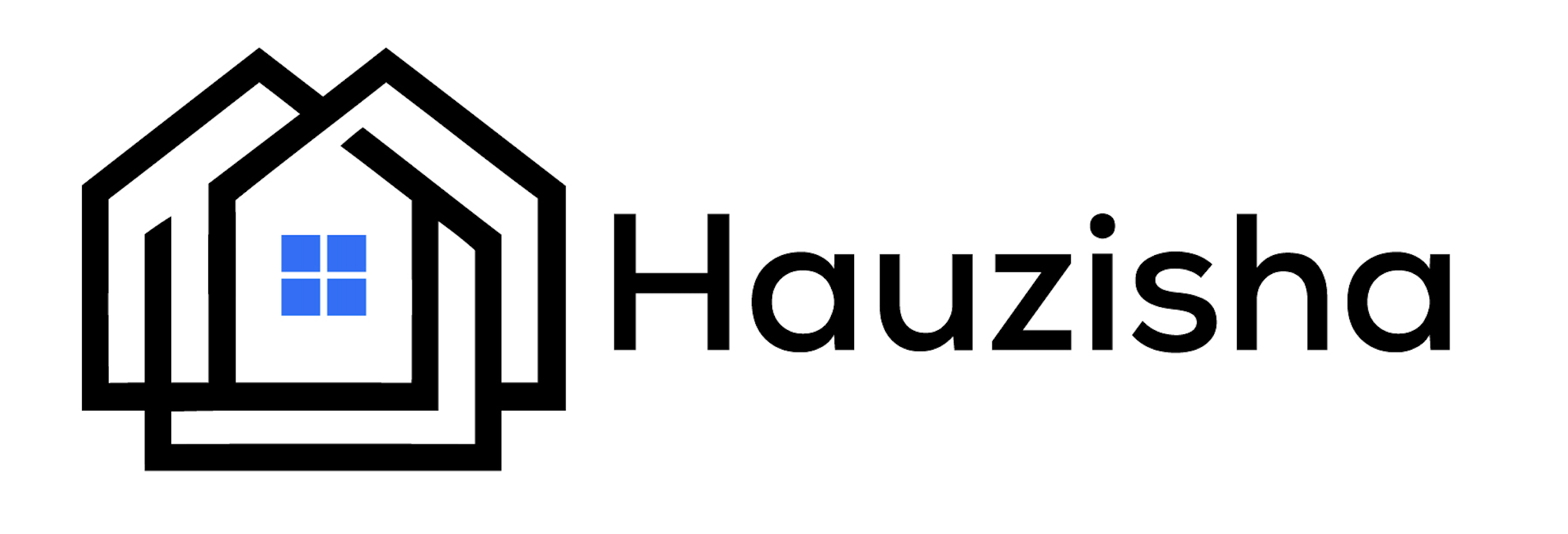Definition
House hunting refers to the process of looking for a house or a home to rent or buy for residential purposes. It is a significant part of the home-buying process and could take months, depending on your preferences, and location, among other factors.
Reasons for House Hunting
While some people prefer to just look up a house online and then settle for it, others want to go to the ground to ascertain what they see online. There are many reasons why someone would decide to go physical house hunting; below are some of them:
1. Realtor Agent Fees and Reliability
Agents are the most ideal individuals to help you find a house, but sometimes they can be unreliable. Moreover, some agents charge too expensive for the process, which might take a long time, hence becoming too expensive for the house buyer. Engaging in the process could save you a considerable amount of cash.
2. Expensive Houses and Varying Market Prices
House prices vary with location, size, and interior and exterior features, among other variables. Therefore, house hunting gives you the opportunity to compare different prices and decide whether the property is worth it. In addition, you get to visit various locations to know whether they fit your imagination of an ideal neighborhood.
Furthermore, you can compare prices against other factors like transport and the cost of living in various locations before settling for any. For instance, buying a house near a town center might be expensive, but cheaper on transport.
3. Water Issues in Your Current Home
Water problems can be a trigger to start looking for a house to move out of your current one. However, you want to avoid running into a similar problem. Therefore, you must be careful to ascertain that the area you want to move to has a constant water supply.
Visiting the neighborhoods while house hunting helps you to find out whether you should anticipate water issues. For example, finding stored water along people’s verandahs is a warning sign of a water shortage. Moreover, you can ask a few locals to clear your doubts.
4. Dirty and Unkempt Houses
Some houses and homes for sale or rent are poorly-maintained but you can never tell until you get there. An apartment might look neat and attractive in the picture, only to find that its toilets and horrible and dirty they put you off. The only way to stay away from such mess is to engage in the hunting activity physically, view the place, and be sure that it suits your liking.
5. Unpassable Roads
Poor roads are a major put-off to many house hunters. It would be worthless to purchase or let an excellent house that you struggle to access, especially in bad weather. Sometimes you may not know the accessibility of the roads without visiting the location. Additionally, physical house hunting allows you to identify the amenities around your area of interest such as schools, hospitals, and their accessibility.
How to Start House Hunting
House hunting is a tiresome process that requires proper preparation to avoid mistakes that can cost you a lot of money. However, if you start the process with the following steps, your search may be easier.
1. Set Your Price Range
It would be unwise to get into the market to look for a house without a budget. First, know how much you can afford or the amount you are willing to spend on buying a house or on monthly rent. If you are thinking of buying a home, it would help to choose one that you can pay in cash. On the other hand, you can buy if your mortgage payment is less than 25% of your take-home pay. The mortgage payment includes homeowner’s insurance, private mortgage insurance, HOA, and property taxes.
2. Save Enough for the Down payment
You need to save at least 20% of the total property price as a down payment before you can start paying. If you have a small deposit, you will pay the remaining amount in installments, which can be costly due to the interest fees.
Moreover, a 20% down payment saves you private mortgage insurance for the loan’s life. In addition, a mortgage calculator can help you identify various properties that fit your budget by entering your down payment amount.
3. Get a Mortgage Approval
While it might take a little work at the start, getting preapproved for a mortgage will pay off when you find your ideal home. When you approach a seller with a pre-approval letter, they believe that you are a serious buyer and negotiating with them becomes easier.
If you want to avoid huge interest payments over your loan’s lifespan, you can opt for a fixed-rate mortgage of fifteen years.
4. Identify a Legit Agent
A realtor agent will provide you with a wide range of listings in your area of interest. The best part is that they simplify the process by going the extra step to negotiate prices to give you a good deal. You need a good agent to go through the whole house-buying process successfully.
5. When to Start House Hunting
The best time to start house hunting is when you realize you want a new house. There are several timelines when preparing to buy a new property. Once you are ready with everything including mortgage approval, start searching for a house at least eight weeks before your deadline. Starting as early as six months is a wise idea. Knowing what you want upfront makes the search easier, so define your house search guide, and direct your agent accordingly.
If you are unsure of what you are looking for, try visiting several properties to get an idea. During this time, make a list of the things you want in your house; it will make your final decision-making easier. In addition, assigning yourself adequate time to hunt for your ideal house saves stress and pressure. You will also have time to compare many options in several neighborhoods and avoid the mistake of going for what comes first.
How Many Days Should You Devote to House Hunting?
The time you will need to find a good house depends on the type you want, your preferences, and its availability. However, it is best to devote at least six months to the mission if you want to buy a worthwhile investment. The time could be less if you are looking for a rental.
Here is a brief timeline for house hunting:
1. Three to Five Days
Use these days to note down the must-haves for your dream house. It could be the size, the number of bedrooms, locations, proximal distances, etc. Also, identify the things you would dislike in your new home and make a list. While making these lists, keep your budget in mind. If you are short of time, you can make these lists while finding an agent and applying for mortgage approval.
2. One Week to Four Months
The agent starts to put property viewings of your interest. The viewing period can be viable; in the viewing process, you can come across a house you love, and make an offer. If the seller accepts your offer, you can close the deal.
3. One Week to One Month
During the property viewing period, identify the properties that have the potential of making your ideal home. When you finally have the exact, let your agent assist you to compile an offer. If the seller accepts your offer immediately, you are lucky to close the deal faster. Nonetheless, you may receive a counteroffer, meaning you have to get into a negotiation period, which may take some time to come to an agreement.
House Hunting Options
There are several house-hunting options you can use to land your dream home. Once you have your must-haves on a list, you can get into the actual house-search mission. Here are some ways you can find the house you want.
1. Visit Open-house Viewings
Sometimes realtor agents and property sellers hold open house viewings and invite potential buyers to make their selections. Even if you are not ready to buy at the time, visit these open houses to get a feel of the neighborhood. It gives you a chance to spend quality time exploring the house entirely to see if it fits your description of a good home. It might also help to know how much interest a property gets and the number of people interested in purchasing it.
2. Online House Search
Most potential buyers start their house hunting online. Here, you can explore all the listings in your neighborhoods of interest and try to find your option. You can cross-check your list of requirements against the property description to see which one fits best. Once you identify one that you like, you can visit it physically to be certain.



